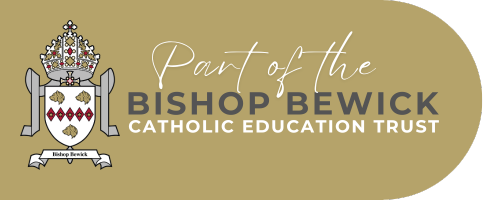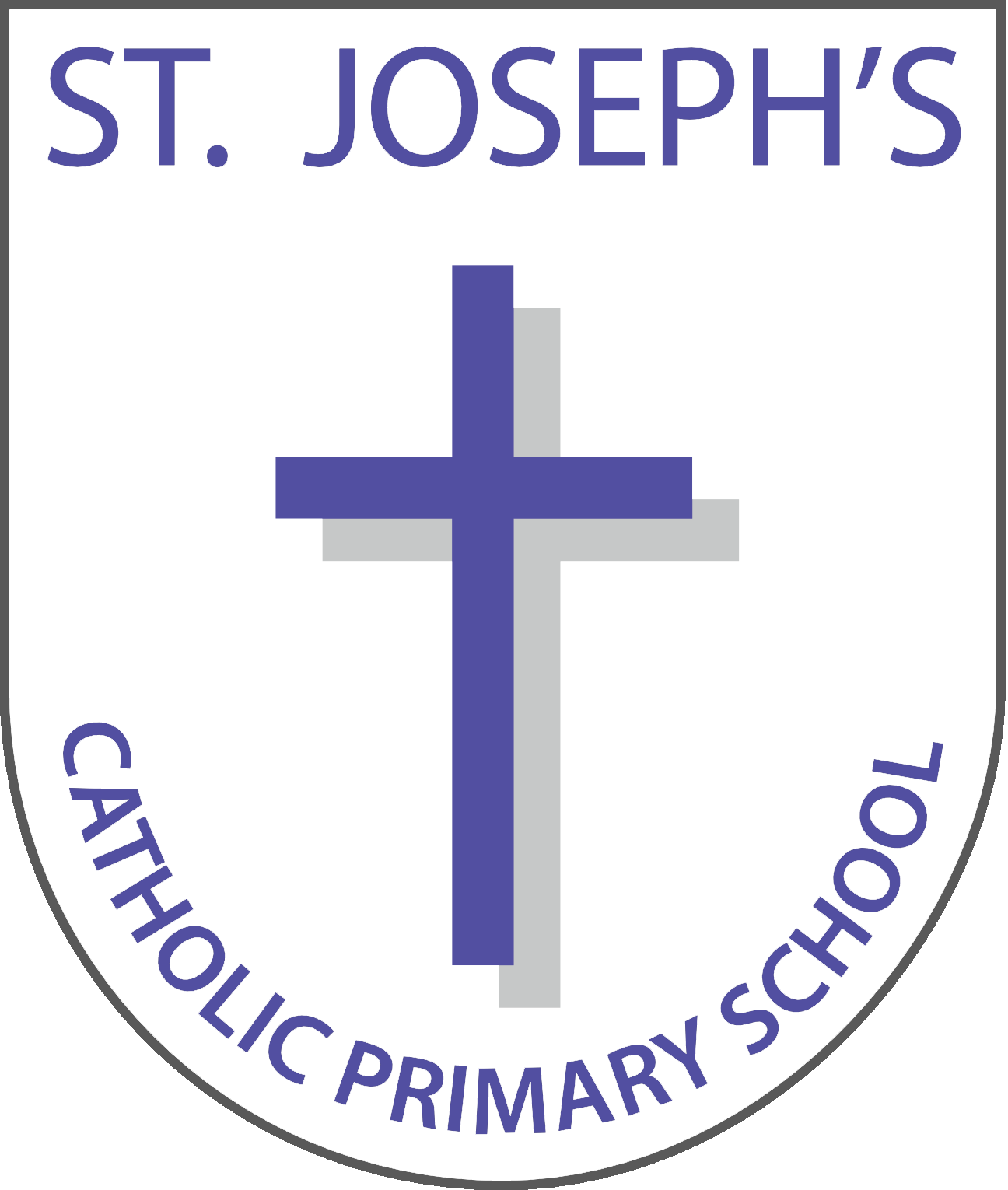
DESIGN TECHNOLOGY
INTENT:
At St Joseph’s Primary, we are Designers and Technologists. We want them to have no limits to what their ambitions are and grow up wanting to be architects, graphic designers, chefs or carpenters. Design and Technology is dynamic and multidimensional. It is our intention that our D&T curriculum will provide opportunities to solve real and relevant problems, allowing our pupils to develop essential everyday skills and unlock their potential to be the designers and innovators of tomorrow. The D&T curriculum will encourage children to learn, think and intervene creatively to solve problems both as an individual and as part of a team. Design and Technology will allow all St Joseph’s pupils to put their learning from other areas of the curriculum into practice and will work to enhance and deepen their understanding of those areas, including Maths, Computing, Science, and Art. St Joseph’s pupils will learn about cooking, food and nutrition, ensuring that they acquire the fundamental life skills in order to be able to feed themselves healthily and independently, whilst learning about where food comes from, therefore making connections with their geographical and scientific knowledge. We want to equip them with not only the minimum statutory requirements of the Design and Technology National Curriculum but to prepare them for the opportunities, responsibilities and experiences of later life.
IMPLEMENTATION:
At St Joseph’s Catholic Primary School, we utilise Kapow Primary’s Design and Technology scheme of work. This enables pupils to meet the end of key stage attainment targets in the National Curriculum. This is taught in a sequential manner, building on prior learning and preparing for future learning.
The Design Technology National Curriculum outlines the three main stages of the design process: design, make and evaluate. Each stage of the design process is underpinned by technological knowledge which encompasses the contextual, historical and technical understanding required for each strand.
These strands are:
Design
Make
Evaluate
Technical knowledge
Cooking and nutrition
The scheme of work has a clear progression of skills and knowledge within these five strands across each year group. Attainment targets and progression of skills have been carefully mapped out to ensure they are securely met by the end of each key stage.
Through Kapow Primary’s Design and Technology scheme, pupils respond to design briefs and scenarios that require consideration of the needs of others. It ensures that skills are being developed in:
Mechanisms
Structures
Textiles
Cooking and nutrition
Electrical systems (KS2)
Digital world (KS2)
Each key area follows the design process (design, make and evaluate) and has a particular theme and focus for technical knowledge or cooking and nutrition. The Kapow scheme is a spiral curriculum, with key areas revisited with increasing complexity, allowing pupils to revisit and build on their previous learning.
Lessons incorporate independent tasks, paired and group work including practical hands-on, computer-based and inventive tasks.
Our Foundation Subject Assessment Tracker will allow us to use data to inform future practice.
EYFS
Through Expressive Arts children are encouraged to construct and create purposefully selecting tools and techniques needed to shape, assemble and join materials they are using. Children learn through first-hand experiences which involve putting their ideas into practice to develop an awareness and understanding of the possibilities and limitations of different materials. Practitioners encourage children to explore, observe, solve problems, think critically, make decisions and talk about why they have made their decisions as they design and create. Children’s natural creativity is fostered and opportunities for investigation, designing and making are offered daily within our provision, which enables children to learn a great deal about their world.
IMPACT:
The Kapow scheme of work and related knowledge organisers include key learning objectives that are used to assess children’s learning. These are used throughout each unit as ongoing teacher assessment and is recorded on our Foundation subject assessment tracker, reporting if children are “working towards expected standard, working at expected standard or working at greater depth within expected standard”. Additional to this, we return to a unit at a later date through spaced assessment. This may involve a quiz to recall key facts or vocabulary or a task to practise skills.
The expected impact of following the Kapow Design and Technology scheme of work is that children will:
Understand the functional and aesthetic properties of a range of materials and resources.
Understand how to use and combine tools to carry out different processes for shaping, decorating and manufacturing products.
Build and apply a repertoire of skills, knowledge and understanding to produce high quality, innovative outcomes, including models, prototypes, CAD and products to fulfil the needs of users and scenarios.
Understand and apply the principles of healthy eating, diets and recipes, including key processes, food groups and cooking equipment.
Have an appreciation for key individuals, inventions and events in history and of today that impact our world.
Recognise where our decisions can impact the wider world in terms of community, social and environmental issues.
Self-evaluate and reflect on learning at different stages and identify areas to improve.
Meet the end of key stage expectations outlined in the National and EYFS curriculum.


